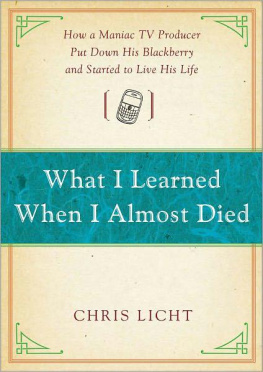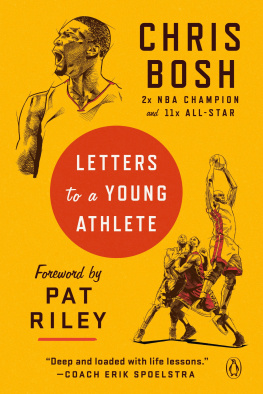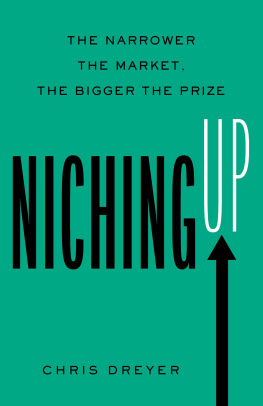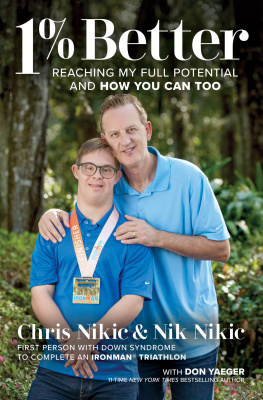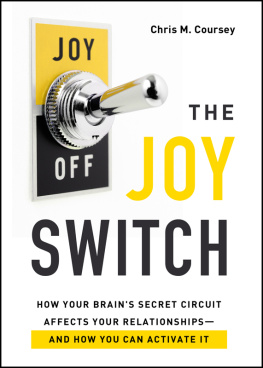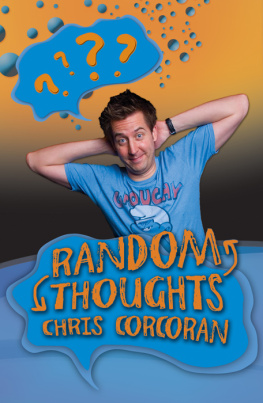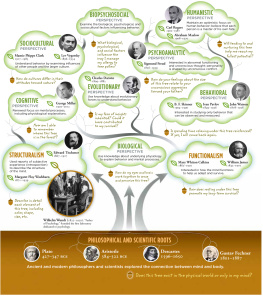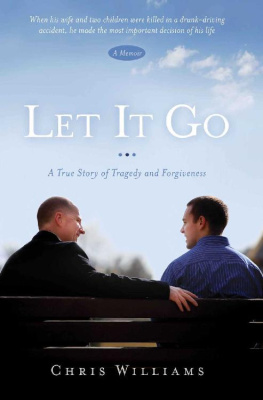Simon & Schuster
1230 Avenue of the Americas
New York, NY 10020
[http://www.simonsandschuster.com] www.simonsandschuster.com
Copyright 2011 by Chris Licht
All rights reserved, including the right to reproduce this book or portions thereof in any form whatsoever. For information address Simon & Schuster Subsidiary Rights Department, 1230 Avenue of the Americas, New York, NY 10020.
First Simon & Schuster hardcover edition May 2011
SIMON & SCHUSTER and colophon are registered trademarks of Simon & Schuster, Inc.
The Simon & Schuster Speakers Bureau can bring authors to your live event. For more information or to book an event, contact the Simon & Schuster Speakers Bureau at 1-866-248-3049 or visit our website at [http://www.simonspeakers.com] www.simonspeakers.com.
Designed by Nancy Singer
Manufactured in the United States of America
10 9 8 7 6 5 4 3 2 1
Library of Congress Cataloging-in-Publication Data
Licht, Chris.
What I learned when I almost died : how a maniac tv producer put down his BlackBerry and started to live his life / Chris Licht. 1st Simon & Schuster hardcover ed.
1. Licht, Chris. 2. Television producers and directorsUnited StatesBiography. I. Title.
PN1992.4.L45A3 2011
791.450233092dc22
[B]
2011011244
ISBN 978-1-4516-2767-1
ISBN 978-1-4516-2768-8 (ebook)
To my familywho make life worth living
Contents
What I Learned
When I Almost Died
prologue
The Killer Producer
Lately, if I happen to be looking through my address book for a phone number, Im apt to stop when I come across the name of someone I havent been in touch with for a while. A friend, maybe, or an acquaintance. When I do, Im likely to fire off an e-mail with no more length or gravitas than this:
Hey, how you been?
The gesture is a small one, but I didnt used to do this. Days that were filled with the pressure and crises of running a national cable television program had little room for casual nicety. If I wasnt in the control room producing it, I was in my office thinking about how to produce it. If the talent was unhappy, Id let it gnaw at my gut. If somebody screwed up, I could go off like a roadside bomb, in a finger snap. I knew this. But the show so consumed me that it couldnt be merely acceptable. It had to be great. I had ambitions. I had to be the killer producer.
Then one day, with no warning whatsoever, I became scary sick in a random and hard-to-figure way, given that I was not even forty years old. Most people with the medical emergency I had do not emerge from the experience physically intact, if they emerge at all. Weeks later, my health restored, I went back to work, and was eager and happy to do so. Illness hadnt scared me into some big life makeover. I had no urge to surrender my spot in the fast lane for ownership of a B&B in Vermont.
But serious illness had recalibrated me. It had brought a trove of knowledge, as if I had involuntarily paid a painful tuition for an elite education. It was about letting go of my fears. It was about what I could control and what I couldnt, and how people felt about me, really felt about me. It was about how to use time. It was even about Joe Biden, the vice president of the United States.
It would be nice, I thought, if everyone could get the education I had gotten without having to nearly die.
So I decided to write a book.
chapter one
The Event
The man who would become my neurosurgeon doubts that a brain can make a noise. Mine did. Im sure of it. On a cool, partly cloudy spring day not long after nine in the morning, my brain went audible, emitting a pop from deep within, not a loud one, more like a balloon had been pricked in the distance.
Now came something else. It was as if a glass of water had tipped up there and spilled its contents; only this didnt feel like a liquid, just a sensation of movement inside, from the back of my head toward the front. Now someone clamped a vise around my skull. Now someone tightened the vise with sadistic gusto, evidently striving for a pain number so far above ten it would merit a Guinness entry.
My bodys inventiveness and the speed of its transformation were bewildering, and darkly impressive. In the time it takes to listen to a voice mail, which is what I had been doing, it had mustered a vicious headache. I was having a unique event, which I normally enjoy. Olympics? Worked several, loved them. Super Bowls, World Series, national political conventions, A-list receptions, book parties, movie screenings, all cool. This, absolutely not.
I was suddenly in the bizarre position of thinking about what was going wrong with the thing doing my thinking. My brain was trying to diagnose its own malfunction.
Was this a stroke?
In any television producers career, especially if he comes up through local news, he usually does enough stories about Stroke Awareness Month or similar causes that he comes to know the warning signs by heart. I did. I ran down the list.
Fingers movable?
Yes.
Vision blurred?
No.
Words slurred?
Theres a lot of traffic, I said.
Sounded smooth.
I said this to the only other person around, the driver of a black Cadillac Escalade into whose rear seat I had dropped a few minutes before, back in my healthy era.
Everything seemed to be working properly except, of course, my head. I knew where I was, on Massachusetts Avenue in Washington. I knew when it was, Wednesday, April 28, 2010. So it seemed reasonable to conclude tomorrows newspaper would not feature an obituary noting the passing of MSNBCs Christopher A. Licht, 38, husband of Jenny and father of Andrew, twenty months.
Which was comforting, but this still really, really hurt.
In the minutes preceding the pop, I was fine. I had never been an addict, never had surgery, never been rushed to an emergency room, needed no medications, was not overweight, had excellent blood pressure, never smoked, was filled with energy and confidence. Stress? No doubt there was stress. I was in live television, from 6 to 9 A.M. Eastern, five days a week, as the executive producer of a show called Morning Joe. Everybody in television has stress. The medium overflows with its ingredients. Money. Egos. Instant ratings. Constant deadlines. But I thrived on being MJ s executive producer.
Having ruled out stroke, I was out of theories. I abandoned voice mail and dialed for help. Not to my wife, because telling her about the vise gripping my head without knowing why it was doing so would upset her without offering solace. Jenny has no medical background; like me, shes in television. And she was in New York City, where we live, and could hardly swing by in a few minutes to commiserate in the back of this SUV. I called Dad.
Peter Licht is a doctor, an internist. He and my mother, Susan, who is a physicians associate, work in the same medical office and still live in the house in Connecticut where I grew up with my sister, Stephanie. Until now, I had never called either parent about a medical emergency that I myself was suffering. But Dad is a man of no bull and no drama, and he never coddles and never overreacts. Once, in my teens, at camp in Florida, I took a tumble while barefoot waterskiing and damaged an eardrum. A local doctor prescribed major pain meds, really serious stuff. Dad declared this was nonsense, take two aspirin. If my super-headache was nothing, hed say so. If it was something, hed say that.
Dad didnt answer his cell. I called the house.
Mom was surprised I was in Washington because mostly were in New York, at 30 Rockefeller Center, 30 Rock. But Washington is where our nation keeps its national politicians and politics is MJ s mtier, so we take the show there often. Not thirty minutes earlier, we had wrapped up the days version and the Escalade had started back to my hotel from NBCs Washington bureau. The shows hosts, Mika Brzezinski and Joe Scarborough, were off to a speech.
Next page
